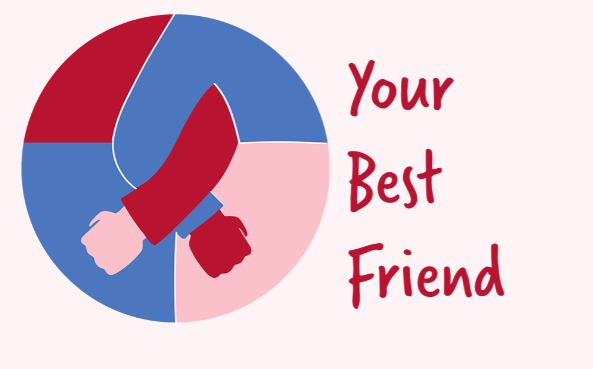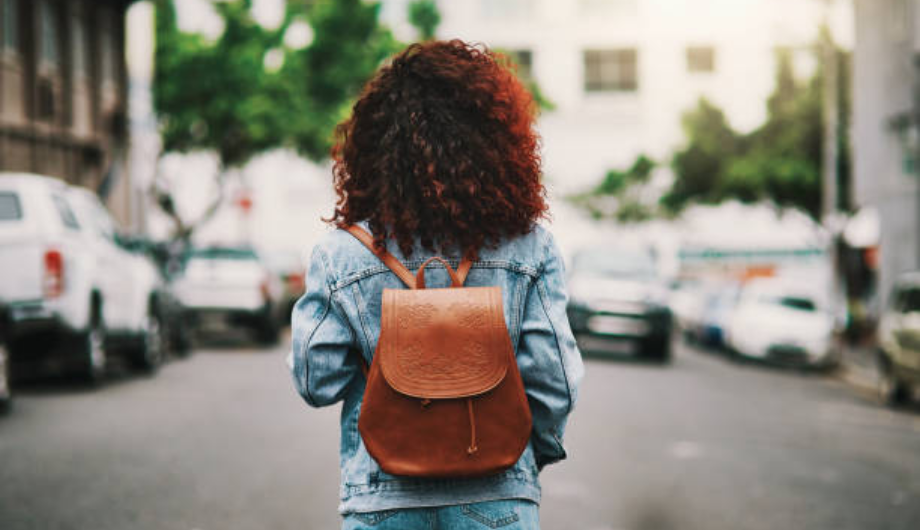Youth organisations and charities across the country are being given the opportunity to bid for grants of up to £25K to develop resources to support young people in a toxic relationship.
The initiative is part of the Your Best Friend project, a major new partnership funded by the Tampon Tax and aimed at resetting the expectations of girls, young women and non-binary young people so that they reject abusive relationships.
Our new research shows harassment and abuse is commonplace in young people’s relationships – 83% of young people have experienced unwanted personal/sexual comments when chatting online. Using these research findings, young people themselves have designed a campaign to empower their peers, the ‘invisible frontline’, to support each other.
Hundreds of girls, young women, and non-binary people have spoken out about their friendships and relationships and the times they have been worried about a friend - showing they are already navigating toxic behaviour in their friendship circles and relationships. Your Best Friend research finds 71% of young people have been aware of behaviours that worry them in friends’ relationships and 9 in 10 of these have actively spoken to their friend to try to help.
Young people are determined to help each other; 58% of young people saying that even fear for their own safety would not stop them speaking to their friend to help them through a toxic relationship but 83% of young people said they are worried about damaging their friendship.
The research also shows this invisible frontline would like further support to address a problem that is prevalent.
Young people are taking on this responsibility themselves, often without the knowledge or confidence to do so. They reported that self-doubt (45%) and not finding suitable information (60%) would definitely stop them talking to their friend about toxic or unhealthy relationships. Though 54% of young people said they would definitely seek professional support if a friend’s mental health was suffering, this lowered to around 20% seeking support when they see their friend being controlled, shouted at, isolated or put down.
Through the Your Best Friend project, young people are creating a campaign to reach young people where they already are, online & offline, opening their eyes to what’s unhealthy and how to support each other.
To ensure the campaign reaches all those who need it, £300K worth of grants are available for grassroots and youth organisations across England and Wales to adopt campaign


